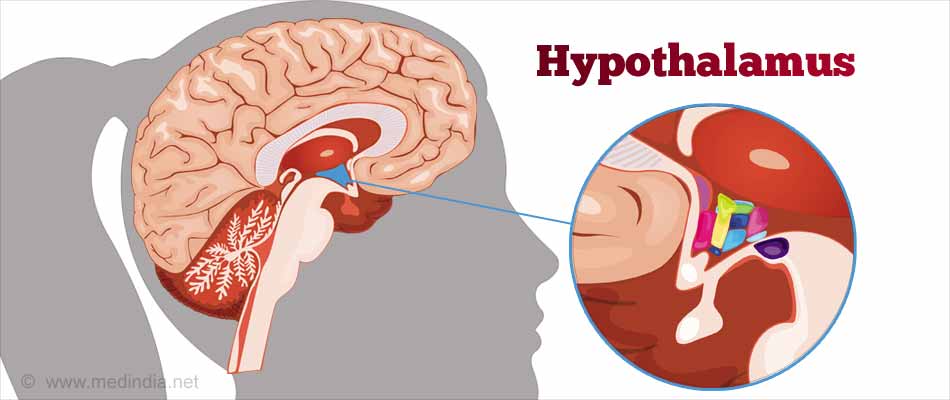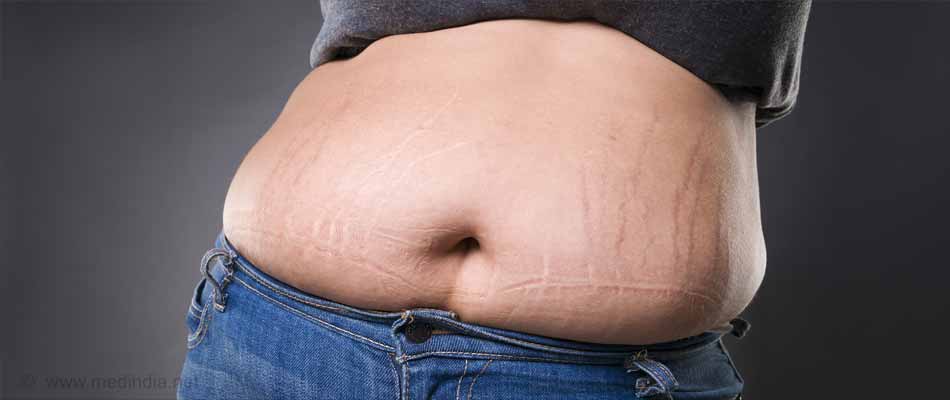About
Amidst the celebrations of giving birth to a baby, the new mom’s next plan is to lose baby weight (the extra pounds added to the mother’s weight when she carried the baby in her womb). A gradual and safe weight loss program is the best way to lose baby weight, as is true with losing weight in general.
The changes in the body include fat accumulation in the face, around the thighs and especially around the abdomen. The muscles of the abdomen grow along with the baby’s growth and when the baby comes out, they loosen up. The weight lost immediately after the birth of the baby is due to the loss of placenta, amniotic fluid and other extra blood and fluids required to sustain the pregnancy. Further weight loss requires an active role of the woman, involving a healthy diet and fitness program.

Weight gain after a baby - Why?
Losing baby weight is one of the most common weight loss goals for which women sign up, after the body changes during pregnancy to gear up to protect and develop a new life and then comes back to the new mom, just after birth. This process of body changes for accommodating the baby growth, provide nutrition, etc., gives rise to many types of hormonal changes.
Before pregnancy, the hormones are controlled by hypothalamus gland, in our brain. This gland takes up various functions like food digestion, sleep cycles and others, including conversion of food to fat, where and when to store it and when to release the stored fat to be converted to energy.

During pregnancy, a new hormone called hCG or Human Chorionic Gonadotropin overrides the hypothalamus and gives priority to provide the essential nutrients and energy from abdominal fat, to the growing fetus through the placenta.
Once the placenta is removed as a result of birth process, the hCG gives up the functions to the hypothalamus. At this stage, if the body gets good nutrients with right diet, adequate sleep and stress-free time, the hypothalamus can resume its normal functions. However, with the new baby and its ever-rising demands of feeding, nappy changing and erratic sleep schedules, the new mothers are often tired with practically no time to take care of themselves.
This kind of stress makes the adrenal gland produce more cortisol, the stress hormone, into the bloodstream. This, in turn, makes the hypothalamus gland to send signals to store food, by converting into fat. Most women go for some comfort foods during these stressful periods, which are usually fattening, too.
Hoping to get the right nutrients, the new mother gets to take in all the unwanted calories as well, along with the food she eats. For example, if she takes extra milk for calcium, she also ingests the unwanted amount of fat in the milk, and perhaps the extra sugar, too.
The muscular changes in a woman’s body in the postpartum period include loosening up of the abdominal muscles to stretch and accommodate the growing baby. This also contributes to the weight gain. Erratic sleep cycles, care of an older baby, attending to the needs of spouse and other extra jobs can make it stressful for the new mom and contribute to the increase in weight.








